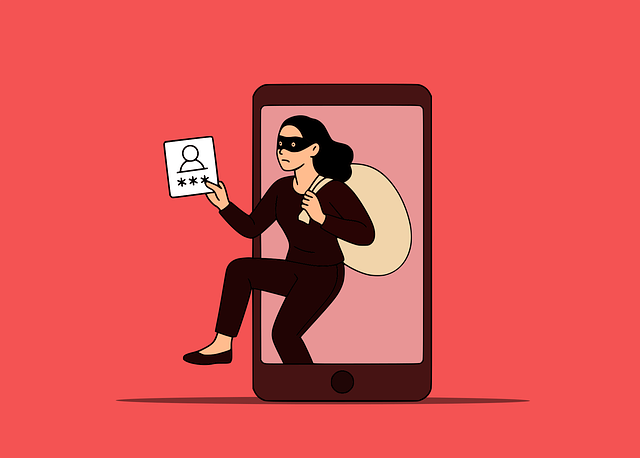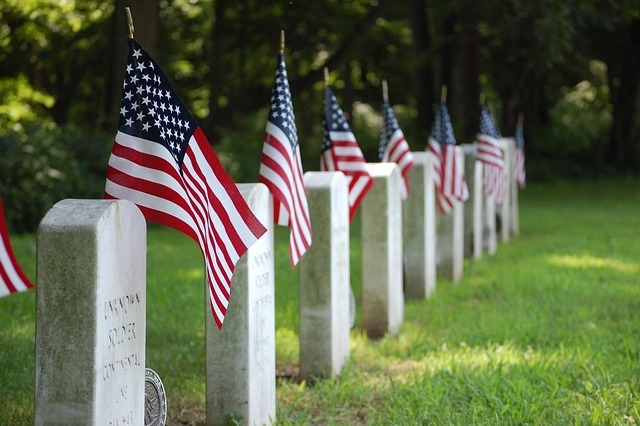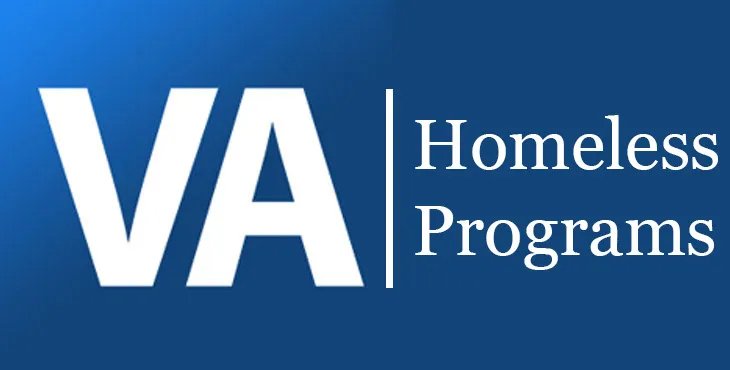Resources for Disabled Veterans

Resources for Disabled Veterans
If you or someone you love is a disabled veteran, you have many resources and programs to choose from in a variety of areas for benefits and compensation. In addition to the Department of Veterans Affairs, non-profit and private organizations provide programs and services.
Related: Disabled Veteran Benefits Guide
Department of Veterans Affairs Programs
You’ll find information, program guidelines, and application forms at the following VA official sites for their disabled veteran programs, which include but may not be limited to:
- Veterans Benefits Administration
- Federal Benefits for Veterans, Dependents and Survivors
- Disability Compensation
- eBenefits
- VA health care
- National Center for PTSD
Find Your Nearest VA Facility
VA facilities provide Veterans Health Administration in the continental US and US territories, provide benefits and supply information for the National Cemetery Administration and other related matters for veterans.
Vet Centers help veterans and their families bridge the gaps and make healthy transitions from service to civilian life. State Veteran Affairs Offices provide help with advocacy and personal support for veterans. To locate a VA Facility, Vet Center or State Veteran Affairs Office near you, utilize the following links:
Related: Disabled Veteran Benefits Guide
>> Frustrated with your VA disability rating? Get help with increasing your rating to get the compensation you deserve.
Non-profits & Private Organizations Assisting Disabled Veterans
In addition to the VA’s benefits and programs, many private organizations also have programs for disabled veterans. A few such organizations include but are not limited to:
- DAV-Disabled Veterans of America
- Disabled Veterans National Foundation
- Paralyzed Veterans of America
- Blinded Veterans Association
- Iraq and Afghanistan Veterans of America
- Lone Survivor Foundation
- K9s for Warriors
For example, the DAV offers transportation to ensure veterans can get to their medical appointments. This non-profit also organizes job fairs and locates important resources to aid in employment and benefit claims. The DAV encourages community involvement in supporting veterans, including many forms of advocacy that lead to change on a broader scale.
The Disabled Veterans National Foundation searches for benefits and supports the homeless and low-income population with finding financial help and services to support their independence.
Paralyzed Veterans of America secures vocational rehabilitation services, prosthetics, home care, and mental health care for veterans currently living with paralysis, while facilitating research for spinal cord injury to help veterans of the future. Paralyzed Veterans of America can also help veterans locate grants for housing and cars, and arrange for their pension and survivor benefits.
The Blinded Veterans Association lobbies and advocates for blinded veterans while putting them in touch with programs, benefits and resources they need.
Post 9/11, Iraq and Afghanistan Veterans of America works on behalf of veterans of conflicts in Iraq and Afghanistan in their search for community, education and employment resources.
Support for veterans through the Lone Survivor Foundation, emphasizes health, wellness and education. This focus helps reduce stress and its effects. Nature and healing can be found in their individual resources and also in LSF supported family events and retreats.
K9s For Warriors is an accredited agency that trains Assistance Dogs to react and respond to the symptoms of PTSD (post-traumatic stress disorder), TBI (traumatic brain injury), MST (military sexual trauma), or the result of other activities during their time of service.
To participate in the program and receive and care for a service dog, the veteran must meet the following qualifications:
- Honorable discharge or current honorable service
- Official diagnosis of service-connected PTSD, TBI, and/or MST
- Stable housing and living environment
- Free of alcohol or substance abuse
- No felony conviction, pending charges or probation for animal abuse
- Live in the territorial U.S. and must remain for 2 months after graduation
- Have no more than 2 dogs in the home prior to the addition of the service dog
- Ability to participate fully and independently for 21 days
During the 21-day program, the veteran will participate in on and off-site training, have ample bonding time with their future service dog, and attend class to pass the test, achieve the ADI certification, make the veteran and service pet connection official.
This certification proves that the service dog has the necessary training and the skills to help veterans live independently and healthily.
Dogs in the program are chosen based on their health and temperament and their ability to learn to assist a person in a wheelchair, walker or scooter, or who has visual or hearing impairments, or other types of medical episodes.
Related: Disabled Veteran Benefits Guide
>> Frustrated with your VA disability rating? Get help with increasing your rating to get the compensation you deserve.
About the author
Kena Sosa is an award-winning author, filmmaker and percussionist. She
earned her BA from OLLU and her MBEGT from SMU. She published two
award-winning children’s books. Kena has written for CBS/DFW Local and
Multicultural Review Magazine. She was the Guest Editor for the Fall/Winter
2023 ChildArt Magazine issue. Kena has written for Recon Media since 2023.


